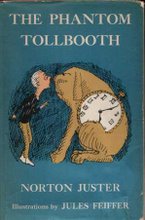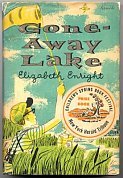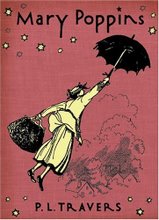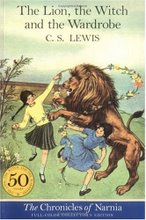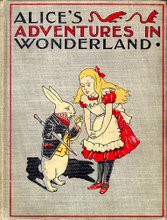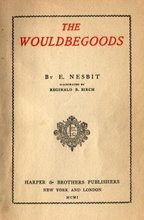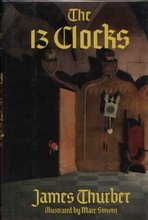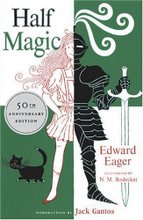I thought I'd take a second today to talk about a book I LOVE, but that you're unlikely to ever have the chance to read. Since no bookstore near you stocks it.
Because the book, BEAUX, is long out of print, and too historically placed, too offensive on its surface (however well written), for anyone to ever bring back from the dead. Though you might find
a first edition on ebay if you hunt.
Written by Evan Commmager (friend to Robert Frost and wife to Henry Steele Commager)) and illustrated by the amazing N.M. Bodecker, Beaux (essentially a smart southern belle's YA novel) was published in 1958. But it came out at just the wrong time for longevity.
Because (obviously) in 1958 the world was about to change in important and dramatic ways that would make topics like escaped black chain-gang members (wrongly accused) with thick caricature-ish dialects into innapropriate fodder for light and humorous storytelling.
But the book is also funny and clever and weird and smart as hell, and so if you're someone (like me) who stumbled on it before you were old enough to understand how little you knew about the complexities of race relations, feminism, etc... then you probably liked this book a LOT, since you didn't yet know better.
It's basically the story of a precocious young narrator (Chris), who wants to grow up to be a writer and "pen trenchant novels" in a garret in New York City. But this narrator is certain that such a life won't lead her to produce children, and so she sets out to keep a "book for posterity" for her sister's offspring. (Her sister is a docile and gentle young woman studying at
Sweetbriar) So the narrator not only takes it upon herself to write a book for her sister's posterity, but to help her sister
produce that posterity. She sets out to find a series of beaux for her sister, so that she can document their stories.
Along the way, she (along with her best friend Junie) tangles with gender and race, and fat old dogs and fleas. She also gets into trouble, throws up, and becomes a "popular girl" at the book's end.
But what makes the book special is voice. There's a strange quality to Chris' narration. A blend of the old south, and a sideways view of that old south. A recognition of the gender divide, and a subtle resistance of that divide. Chris is willful and snarky and iconoclastic, but she isn't addressing the icons directly, and she isn't aware of her own politics. Yet. Rather, she's a tomboy, a contrarian. And so she walks a fine line between the world she lives in, and the world that we (her readers) imagine she must surely be heading for, a world far removed from big layer cakes and blancmange and
chautauqua. New York City. Civil Rights. Intellectual friends.
So in the end, I don't think this book *is* politically incorrect. I think its a rare thing, a book thoroughly of its time, but written by someone with a critical eye and a task beyond indictment.
And I think that we often find this in children's books, because they are not required, as many adult books are, to be self-aware. Children can stumble. Children are allowed. To stumble toward the truth, slowly.
Though readers are expected to be a little more savvy.
(I only wish I could find you an illustration online!)




